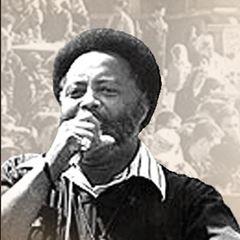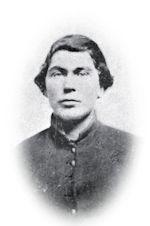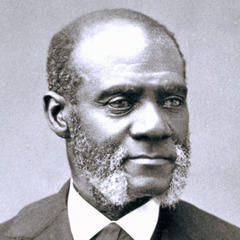Henry Ward Beecher Quotes - Page 29
Henry Ward Beecher (1866). “Royal truths”, p.145
Going out into life--that is dying. Christ is the door out of life.
Henry Ward Beecher (1872). “One Thousand Gems”, p.363
Henry Ward Beecher (1872). “Plymouth Pulpit: A Weekly Publication of Sermons Preached by Henry Ward Beecher”, p.424
Henry Ward Beecher, Truman Jeremiah Ellinwood (1872). “The Original Plymouth Pulpit: Sermons of Henry Ward Beecher in Plymouth Church, Brooklyn”, p.47
Henry Ward Beecher (1858). “Life Thoughts”, p.43
Our earthly loves are but so many silver steps leading us up to the great golden love of God.
Henry Ward Beecher, Truman Jeremiah Ellinwood (1897). “The original Plymouth pulpit”
Nothing goes far which has not the wings of love to make it buoyant, so that it can fly.
Henry Ward Beecher (1870). “Lecture-room Talks: A Series of Familiar Discourses on Themes of General Christian Experience”, p.3
Love is the medicine of all moral evil. By it the world is to be cured of sin.
Henry Ward Beecher, Truman Jeremiah Ellinwood (1897). “The original Plymouth pulpit”
Henry Ward Beecher (1858). “Life Thoughts”, p.113
Henry Ward Beecher (1858). “Life Thoughts”, p.24
Henry Ward Beecher (1858). “Life Thoughts”, p.69
Henry Ward Beecher (1858). “Life Thoughts”, p.78
Public sentiment is to public officers what water is to the wheel of the mill.
Henry Ward Beecher (1863). “Freedom and War: Discourses on Topics Suggested by the Times”, p.302
Henry Ward Beecher (1863). “Freedom and War: Discourses on Topics Suggested by the Times”, p.320, Gale Cengage Learning
"Freedom and War: Discourses on Topics Suggested by the Times".
Henry Ward Beecher (1875). “The Plymouth Pulpit: Sermons Preached in Plymouth Church, Brooklyn”
Henry Ward Beecher (1858). “Life Thoughts”, p.39
"Dictionary of Burning Words of Brilliant Writers". Book by Josiah Hotchkiss Gilbert, p. 15, 1895.
Henry Ward Beecher (1855). “Star Papers: Or, Experiences of Art and Nature”, p.54, New York : Boston : J.C. Derby ; Phillips, Sampson & Company
Henry Ward Beecher (1858). “Life Thoughts”, p.112
Henry Ward Beecher, Eleanor Kirk (1887). “Beecher as a Humorist: Selections from the Published Works of Henry Ward Beecher”
Henry Ward Beecher, William Drysdale (1887). “Proverbs from Plymouth Pulpit”
There never was a liar that had not a spot in him where he could not help admiring truth.
Henry Ward Beecher, Truman Jeremiah Ellinwood (1897). “The original Plymouth pulpit”







